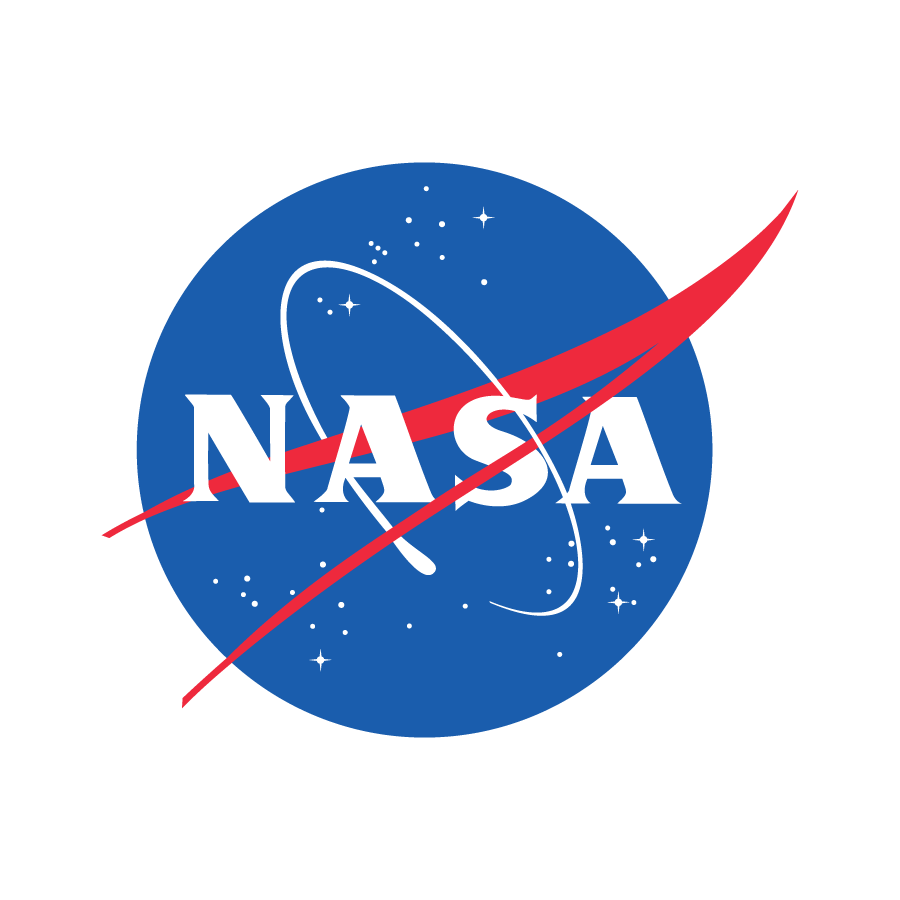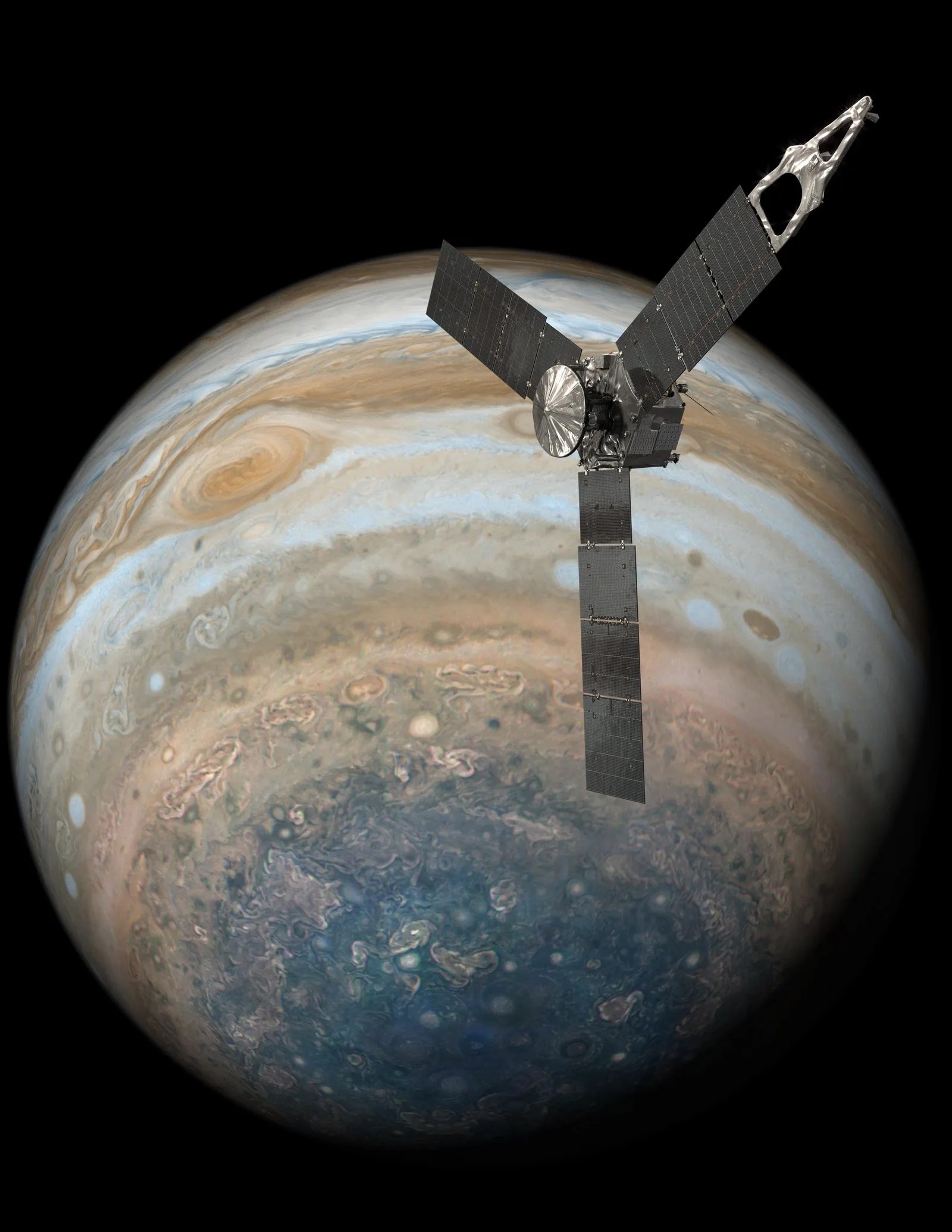2 min read
Amendment 73: New Opportunity in ROSES-2020: A.52 Suomi NPP and JPSS Standard Products for Earth System Data Records.
The Suomi National Polar-orbiting Partnership (Suomi NPP) satellite was launched on October 28, 2011, to extend more than 30 high-quality time series data records initiated by the NASA Earth Observing System's (EOS) Terra, Aqua, and Aura satellites. Launch of the first Joint Polar Satellite System (JPSS) satellite on November 18, 2017, renamed to NOAA-20 after it became operational, was the start of a new generation of polar-orbiting operational environmental satellites. JPSS is a collaborative program between the National Oceanic and Atmospheric Administration (NOAA) and its acquisition agent, NASA. This program element requests proposals for the continued support and maintenance of NASA's current Standard Products for SNPP and NOAA-20 listed at https://earthdata.nasa.gov/eosdis/science-system-description/eosdis-standard-products. NASA's Flight Program and the ESDIS Project are responsible for the systems and capabilities to perform the data processing, product production, as well as archive and distribution of NASA's Suomi NPP and NOAA-20 data products.
ROSES-2020 Amendment 73 creates a new opportunity in ROSES-2020 in the new program element: A.52 Suomi NPP and JPSS Standard Products for Earth System Data Records. Optional notices of intent to propose are requested by January 27, 2021 and the due date for proposals is March 10, 2021.
On or about November 24, 2020, this Amendment to the NASA Research Announcement "Research Opportunities in Space and Earth Sciences (ROSES) 2020" (NNH20ZDA001N) will be posted on the NASA research opportunity homepage at http://solicitation.nasaprs.com/ROSES2020.
Questions concerning A.52 Suomi NPP and JPSS Standard Products for Earth System Data Records may be directed to Michael Falkowski, who may be reached at michael.falkowski@nasa.gov and Barry Lefer, who may be reached at barry.lefer@nasa.gov.





